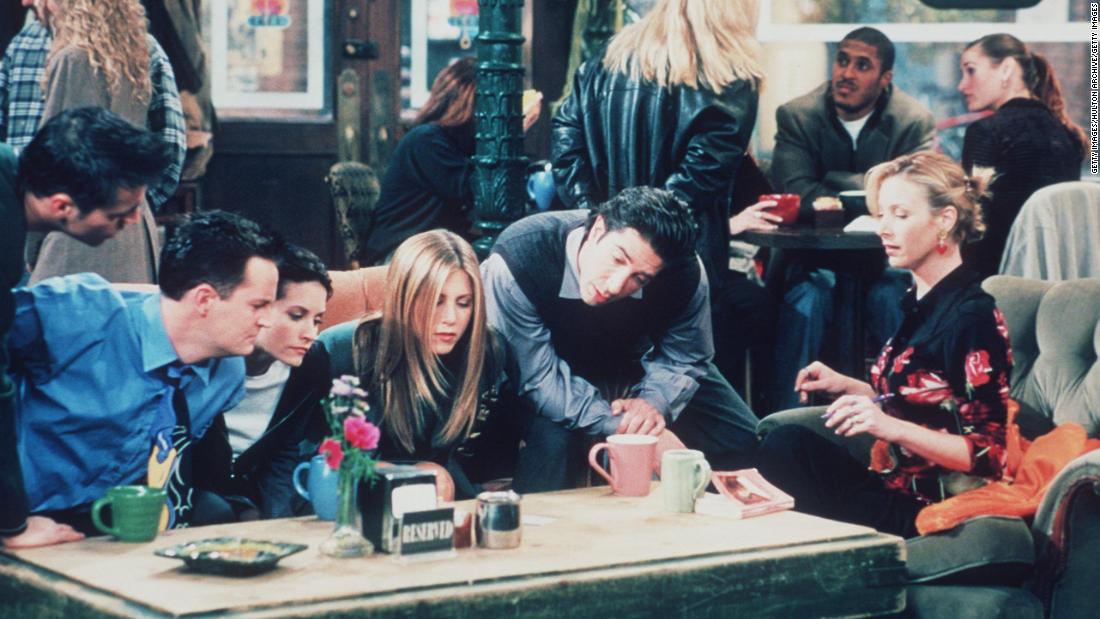
Thursday, October 31, 2019
'Friends' Thanksgiving episodes are coming to movie theaters

The reason Mark Zuckerberg's comments are laughable
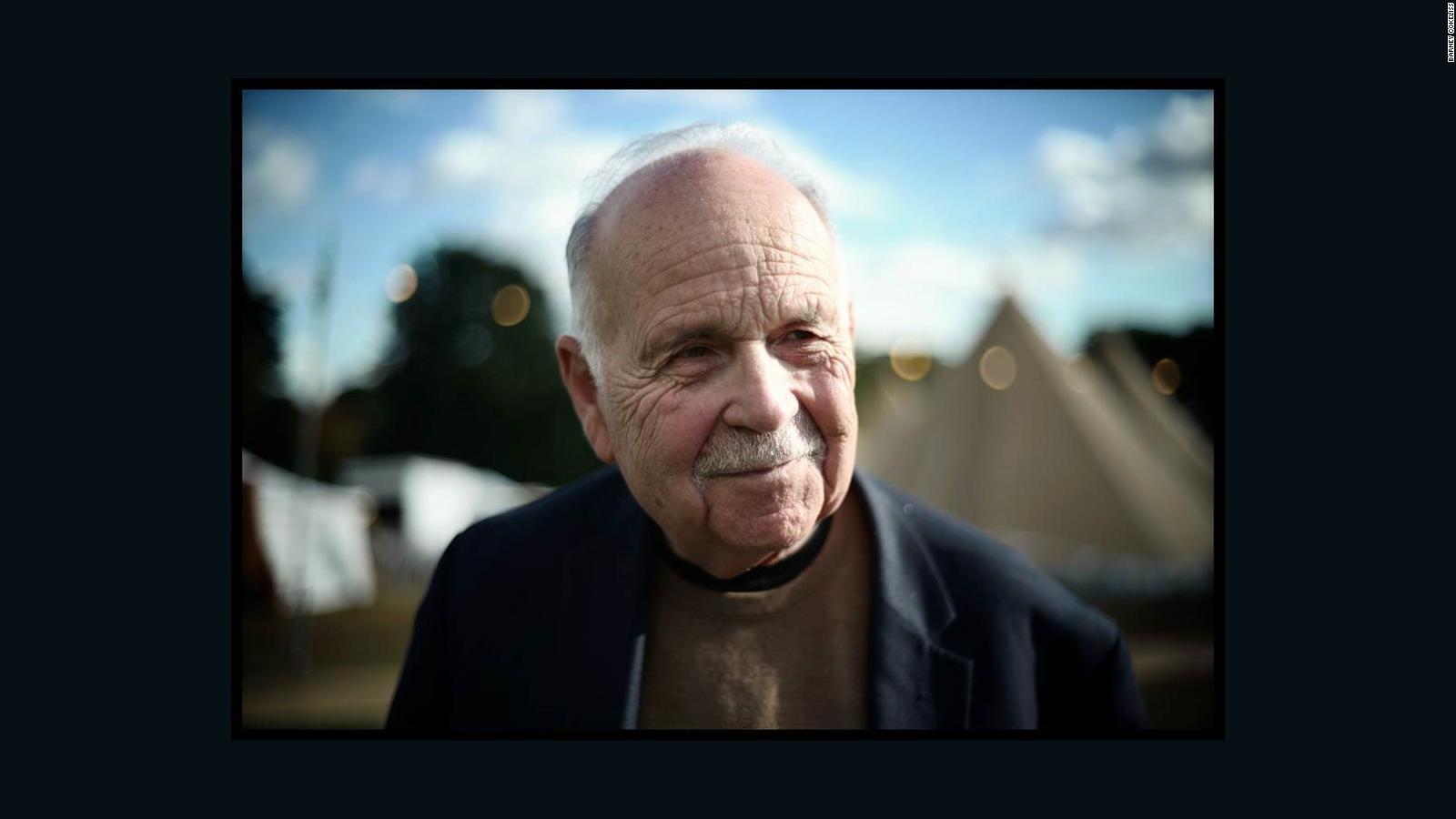
The fabled Democratic dinner that makes history

So what's wrong with UK elections in December?
The second coming of a paradise island: How Sri Lanka bounced back from crisis
(CNN) — It has mile after mile of powder sand beaches lapped by clear, warm surf. It has beautiful unspoiled jungles.
It has incredible food, UNESCO-rated historical sites and diving resorts, charming railways, hiking, safaris and relaxation.
It was even named the top country to visit in 2019 by Lonely Planet.
In other words, it's paradise. But for much of the past six months, these idyllic spots have stood empty of all but a few visitors.
The place is Sri Lanka, the South Asian island nation off the southeastern tip of India, lapped by the warm waters of the Indian Ocean.
State of emergency

After the Easter Bombings, visitor numbers in Sri Lanka declined by around 70%.
Courtesy Sri Lanka Tourism
A paradise lost seems to have been born again.
And while this is clearly good news for Sri Lanka, and for those looking to vacation there in the months to come, it's also a valuable case study for the travel industry in how a destination rebounds from adversity. It also sheds light on changing attitudes among tourists to places that have been blighted by violence.
For Sri Lanka, immediately after the attacks things looked bleak. Already reeling from the loss of lives, the island was also forced to face the brutal financial consequences.
Bookings were canceled. Flights were pulled. Hotels shut down. Tour guides, souvenir sellers, drivers -- pretty much anyone whose livelihood depended on tourism -- saw their income vanish overnight.
Tourism is Sri Lanka's third largest foreign exchange earner, bringing around $4.4 billion annually. An estimated half a million Sri Lankans depend on tourism directly, while two million rely on it indirectly.
So the impact was devastating.
In May, a month after the attacks, visitor numbers were down by around 70%.
Caught off guard and unable to pay wages, some employers were forced to let their staff go.
Visitor decline
"May was dire," she tells CNN Travel. "We went to full pay from July as we just don't want to lose our workers.
"I think some of the worst hit are the drivers. Most of them have taken leases on their vehicles. They have payments to make and families to look after, and they have no income whatsoever."
Chauffeur and guide Prasad Brandigampola relied on his wife's income when he suddenly found himself with no work, but says many of his peers struggled to make ends meet.
"For two months there was nothing," he says. "Everyone feels it."
Sarah Masters from the UK, who has been traveling to Sri Lanka for about 20 years, felt she had no choice but to cancel her 2019 holiday to the island nation.
"We held on for a while, but the UK Foreign Office said it wasn't safe to go," she tells CNN, referencing the travel warning issued to British travelers after the bombings.
"We finally gave in and canceled when they extended the advice by another two weeks. We were concerned we were going to lose our money."
Masters has many friends who live on the island and says they, like others, have been feeling the strain.
"Our friends who have a hotel business in Sri Lanka have been struggling, which isn't a surprise," she says. "One friend lost her job, as there was no work at the hotel she's based at."
In the weeks after the attacks, Sri Lanka's beaches and tourist areas remained pretty much deserted, with hotel occupancy dropping by around 85%.
Deserted island

The decline in tourists meant that many workers found themselves unemployed or with little income.
Courtesy Sri Lanka Tourism
The tourism industry the country had come to rely so heavily on was on life support. If it was to avoid total collapse, Sri Lanka desperately needed a plan.
The solution, it realized early on, was not to sit idly by and wait for recovery. It needed to go on the offensive to quickly win back its visitors.
Less than a month after the attacks, the government began working with a team of experts in crisis management.
Kishu Gomes, chairman of Sri Lanka Tourism, made no secret of the fact his country would have to work hard to reel back visitors. In May, he spoke of "aggressively planning to reassure the world" that it would be safe for them to return.
That first step clearly paid off. Just weeks later, in June, many countries, including the United States, revised their advice to their citizens. Warnings of possible imminent attacks were replaced by "exercise caution" notices.
While dozens of people suspected of links to the attacks were arrested in the immediate aftermath, by July the government was reviewing law enforcement. A former police inspector and ex-defense secretary were detained amid accusations of grave negligence.
It's uncertain whether these measures or the fact that hotels were slashing prices by up to 60% can be credited but, the first shoots of recovery were starting to be seen. Visitors were trickling back.
Also aiding the recovery was Sri Lanka's July decision to reintroduce visa-free arrivals for visitors from an expanded list of countries that already included EU nations and the United States. Further measures included a reduction in airline ground charges and aviation fuel prices.
Numbers remained significantly down on the previous year, but the disparity was dropping steadily.
According to the country's Tourism Ministry, a total of 115,701 international tourists arrived in Sri Lanka during July, which marked a decline of over 40% from that same period last year. In August, arrivals increased to 142,587, a 28.3% decline from August 2018. By September the drop was 27.2% year-on-year, with 108,575 arrivals, down from 149,087.
Slow recovery
"We've had a lot of people calling to say they'd like to come out and support Sri Lanka and now seems like a good time to go," Clark tells CNN Travel.
Of course, Sri Lanka's plight isn't unique. It's one of several global destinations to have experienced terrorist attacks over the past two decades, however experts say the relative speed with which the island has bounced back could be down to changing attitudes among travelers.
The Indonesian island of Bali experienced two major deadly terrorist attacks in 2002 and 2005. The first killed over 200 people, more than half of which were tourists, while the second resulted in the deaths of 20 people.
The Indonesian island nation experienced a dip in visitors on both occasions, but while it managed to recover each time, this took years, not months.
Tunisia was also struck by a series of attacks aimed at tourists in 2015, which resulted in the deaths of 59 foreign visitors.
The shocking incidents led to beach resorts being closed and the north African country being removed from the destination lists of charter airlines and tour operators.
As a result, the country is expecting to log a record 9 million tourists in 2019.
Traveler resilience

Some travelers are choosing to go to Sri Lanka sooner than planned, to show solidarity.
Courtesy Sri Lanka Tourism
"If you compare Sri Lanka with Egypt and Tunisia, these countries have had a frequent number of attacks. You would think tourists would never go back," says Dr. Yeganeh Morakabati, an expert in tourism disaster management, recovery and impacts at the UK's Bournemouth University.
"Every time they've been attacked there has been a drop. But after a short while, the numbers go back up.
"In Tunisia, the attack was targeted at tourists. And even with that, they are recovering."
According to Dr. Morakabati, this suggests tourists aren't as deterred by terrorist attacks as they were a decade or so ago.
"Terrorism does reduce willingness to travel," she adds. "But markets are not reacting in the same way they used to. If you look at the Bali attacks of 2002, people were more shocked than you would say they are with Sri Lanka now."
This certainly seems to be the case when taking a close look at hotel bookings before and after such attacks.
For instance, New York hotels took 34 months to recover from the 9/11 attacks in 2001, while bookings had returned to normal in London nine months after the 7/7 bombings in 2005.
Meanwhile the Boston Marathon bombing in 2013 had a very limited effect on reservations.
However, a 2015 study by the World Travel and Tourism Council found that while the travel and tourism sector has become more resilient over the years, the time required to bounce back is very specific to the destination affected.
It can range from as short as two months to as long as 22 months, with the average recovery time being 13 months.
"The perceived level of safety and security is a key decision-making factor for travelers in selecting their destination," says Tiffany Misrahi, vice president of policy at the WTTC.
"But what you deem unsafe changes with time and familiarity with a destination. Overall, people tend to avoid destinations where there are known conflicts or crisis events.
"Destinations which people feel they know and trust, and believe in the stability of the society, are likely to be more resilient," she adds, citing the 2017 London Bridge attack, which didn't affect overall international arrivals that year, as an example.
"People are becoming more resilient to shocks. But different types of travelers have different risk thresholds."
Government action

The train journey from Nuwara Eliya to Kandy is one of Sri Lanka's main attractions.
Pixabay/Creative Commons
Morakabati stresses that Sri Lanka's timeline to full recovery will ultimately depend on whether there is another attack or not.
"Terrorism attracts a lot of attention," she says. "But the shorter the period since the terrorist attack, the higher subjective probability people attach to it.
"The key task is to mitigate the occurrence of similar attacks. It's very difficult to prevent, but if Sri Lanka can mitigate it, they will recover."
Misrahi shares this sentiment, stressing that the way a destination responds to a crisis is critical, as the wrong approach can stall the process considerably.
"It is important for both governments and the private sector to improve their management to effectively address the crisis and enhance their responsiveness to shocks so as to ensure a speedy recovery," she adds.
"In terms of preparedness, building strong coalitions is essential. It is also very important to understand one's vulnerabilities, assess readiness and create emergency action plans and practicing them."
She also affirms that Sri Lanka has the potential to emerge from this greater than before, provided the government responds in the correct way.
"A crisis can sometimes be an opportunity to rebuild stronger and better and even rethinking a destination's product offering," says Misrahi. "In a way, a destination can start fresh."
While there are still concerns that Sri Lanka's upcoming presidential elections could renew tensions in the island nation, hotel worker Harin Thomas also feels that some good can come from the devastating events of April 21.
He notes that security on the island nation was stepped up considerably in the months after the attacks, while hotels and tour operators have had time to regroup during what would have been one of their peak seasons.
"This situation has given everyone the chance to see things in a different way," he says. "We are looking at how we can offer a better service in the future."
Thomas attributes this adaptability to the spirit of a nation that's experienced more than its fair share of trials and tribulations over the years.
"Yes, we had a very unfortunate incident," he continues. "But we are very resilient. As a nation, we have decided to move forward."
from CNN.com - RSS Channel kalo berita gak lengkap buka link disamping https://ift.tt/329BcdbTetris: The Soviet 'mind game' that took over the world
Like many of history's greatest ideas, Tetris came about quite unintentionally.
Alexey Pajitnov was a software engineer at the Soviet Academy of Sciences in Moscow, tasked with testing a new type of computer, the Electronika 60. To do so, he wrote a simple game based on a puzzle from his childhood. It would help asses how powerful the computer was -- and provide a bit of fun.
Little did he know that the resulting game would go on to become one of the greatest, most addictive and most successful of all time.
It was June 6, 1984, and Tetris had just started its journey from behind the Iron Curtain.

The original version of Tetris.
Tetris is a puzzle game in which geometric shapes called "tetrominoes" fall down onto a playing field, and the player has to arrange them to form gapless lines. Pajitnov took inspiration from pentomino, a classic board game consisting of all the different shapes that can be made by combining five squares -- 12 in total -- with the goal of arranging them in a wooden box like a jigsaw puzzle.
To simplify things, he knocked that down to four squares, thus reducing the number of shapes from 12 to seven. He called the game Tetris, combining the Greek numeral "tetra" (meaning four) and tennis, his favorite sport.
Pajitnov himself was immediately hooked. "I couldn't stop myself from playing this prototype version, because it was very addictive to put the shapes together," he said on the phone from Seattle, where he now lives.

Tetris was inspired by pentomino, a classic board game. Credit: Shutterstock
But creating a video game in Soviet Russia at the height of the Cold War was far from easy. It was only through the sheer brilliance of its design that Tetris was transformed from a quirky test program into a worldwide phenomenon.
Word of mouth
Although Tetris became immediately popular among programmers with access to an Electronika 60, the machine had no graphical capabilities -- and less memory than today's calculators. Pressed with requests to create a version of the game for the IBM PC, a more widespread computer with better graphics, Pajitnov assigned the job to Vadim Gerasimov, a 16-year-old student on a summer job at his office (today an engineer at Google). The game spread quickly. "It was like a wood fire. Everyone in the Soviet Union who had a PC had Tetris on it," said Pajitnov.
Pajitnov wasn't making any money off the game, nor did he intend to. Ideas were owned by the state and the very concept of selling software as a product was unfamiliar to him. People were just sharing Tetris through word of mouth and by copying it onto floppy disks.
Then, Pajitnov heard rumors that the game might have crossed borders and was being played in other Eastern bloc countries. In 1986, he got a message via telex -- a forerunner of the fax machine -- from Robert Stein, a salesman for a London-based software company called Andromeda. Stein, who had seen Tetris in Hungary, wanted to secure the rights to sell it as a computer game in the West. He offered significant money in advance.
"My English was really bad at that time, so I put together some kind of positive answer, saying we were very glad to receive the proposal and that some agreement could be made," said Pajitnov. He knew that doing business directly with a Western firm could have landed him in jail, even before making any money, so he started investigating how he could sell the rights to Tetris through the state.
Stein, however, interpreted his response as a green light and immediately started producing the game. But as he was preparing to launch, he received another telex from Elorg -- short for Electronorgtechnica, the Soviet organization that oversaw software and hardware exports. It said that the rights had not been officially granted and that his launch was illegal.
Eventually, Stein cleared the rights, and Tetris was released as a commercial PC title in the UK and the US in 1988. The game played up its Soviet origins through Kremlin-themed illustrations and Cyrillic characters. But the misunderstanding between Pajitnov and Stein showed how tricky it would be to export a video game from Soviet Russia to the West for the first time -- an issue that led to years of confusion and legal battles, and is even rumored to have landed on the desk of Soviet leader Mikhail Gorbachev.

Pajitnov and his son with the UK and US PC versions of Tetris in 1989. Credit: Wojtek Laski/Hulton Archive/Getty Images
The Game Boy
Tetris was selling well on computers, but the big money in the games sector was being made elsewhere: consoles. Henk Rogers, a Dutch video game developer and businessman living in Japan, was the first to realize that Tetris was a perfect match for the Game Boy, a new handheld system released by Nintendo in Japan in early 1989. The console was about to launch in North America and Europe too, and Rogers set out to convince the company to bundle a copy of the game in the box, a common practice outside of Japan.
"I made a handshake deal with Minoru Arakawa, the founder of Nintendo of America, to have Nintendo include Tetris in every Game Boy," said Rogers in a phone interview. "He said, 'Why should I include Tetris? I have Mario.' And I said, 'If you want little boys to buy your Game Boy, then include Mario. But if you want everyone to buy your Game Boy, then you should include Tetris.'"
Rogers set out to obtain the necessary permissions, and soon realized what a challenge that would be. He had already published a version of Tetris in Japan, for the popular Nintendo Famicom home system, only to discover that there were half a dozen companies all claiming to own the rights to the game. "So I got on a plane and went to Moscow on a tourist visa to track down the source of the rights, Elorg -- and talk my way into it," he said.
Once in Moscow, Rogers made little progress until he hired an interpreter -- one who he's convinced was a KGB agent, because she swiftly secured him an appointment with Elorg.
"She knew immediately where everything was, so that was fishy. They're not supposed to talk to foreigners, and I wasn't supposed to talk to the Russians, let alone people inside the government. So I broke all kinds of rules by being there. They interrogated me for two hours. I thought they were trying to figure out whether they were gonna send me to Siberia or not," he said.
But among the officials in the room was Alexey Pajitnov, who immediately took a liking to Rogers. "Alexey was the only guy in the room who actually knew anything about games," Rogers recalled. "I explained how business worked, and we became friends. A week later, I left Moscow with a signed agreement for Tetris on the Game Boy."

Henk Rogers and Alexey Pajitnov in Moscow's Red Square.
The Game Boy version of Tetris sold 35 million units and helped the console become one of the most successful of all time. It is still considered by many -- Pajitnov included -- to be the best version of Tetris, and it created an unprecedented synergy between hardware and software, epitomizing the gaming mantra "easy to learn, hard to master."
Delayed royalties
Despite the game's success, Pajitnov was still not making any money from it. "There was a lot of legal trouble, and when the question of ownership and the original source of the game came up, I decided that I wanted everything to go smoothly and I granted the rights to the Computer Center of the Soviet Academy of Sciences for 10 years," he said.
The legal trouble culminated in a skirmish between Nintendo and Atari over the home console rights for Tetris. A judge ruled in Nintendo's favor in late 1989, dealing a lethal blow to Atari, which had already produced hundreds of thousands of now useless copies of its version of the game, under the tagline "Tetris: The Soviet Mind Game." Nintendo took a different approach, opting for the slogan "From Russia with fun."
Pajitnov left Moscow for Seattle in 1991, with the help of his friend Henk Rogers. And when his deal over the rights expired in 1995, he finally started receiving royalties for the game. "And they've been fine so far," he said.

Pajitnov and Rogers in 2018.
"It hasn't lost any of its play value and nothing has come to replace Tetris," said Henk Rogers, explaining the game's enduring popularity.
"It's like 'Happy Birthday.' There have been lots of songs that come and go, but 'Happy Birthday' is it still always sung in the same way. Tetris has become the 'Happy Birthday' of computer games."
from CNN.com - RSS Channel kalo berita gak lengkap buka link disamping https://ift.tt/2r23Cc4A teenager admitted to killing a 10-year-old girl. But in China, he can't be charged

'The demon is protected'
Schiff says transcripts from impeachment inquiry interviews could come 'as early as next week'
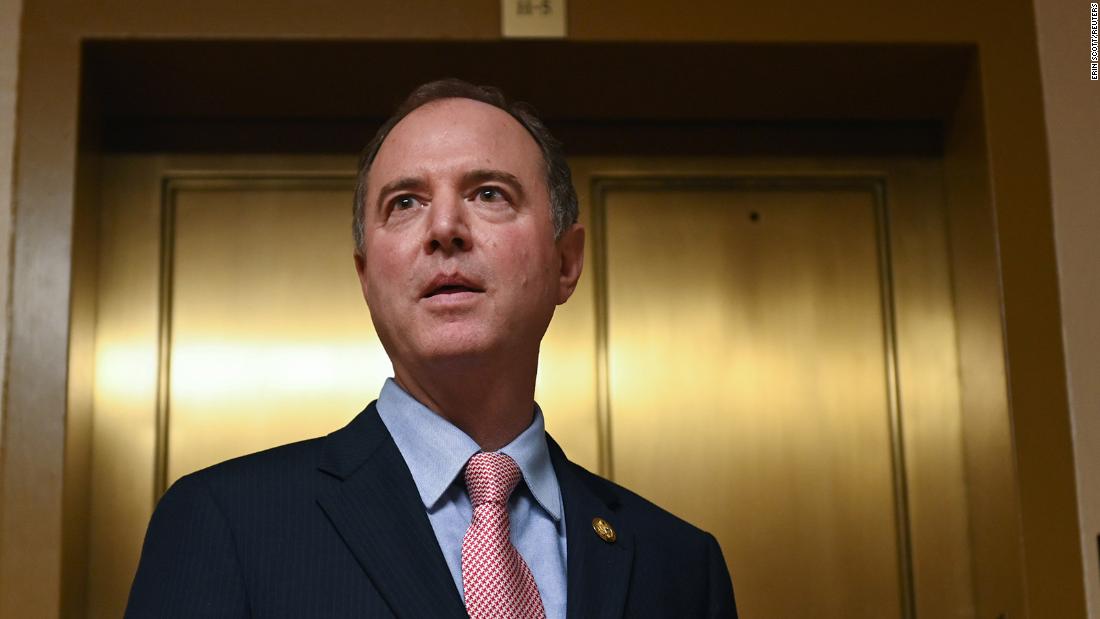
CNN's Brian Stelter, Clare Foran, Jeremy Herb, Alex Rogers and Haley Byrd contributed to this report.
Australian union says Qantas should ground 737 fleet over cracking issue
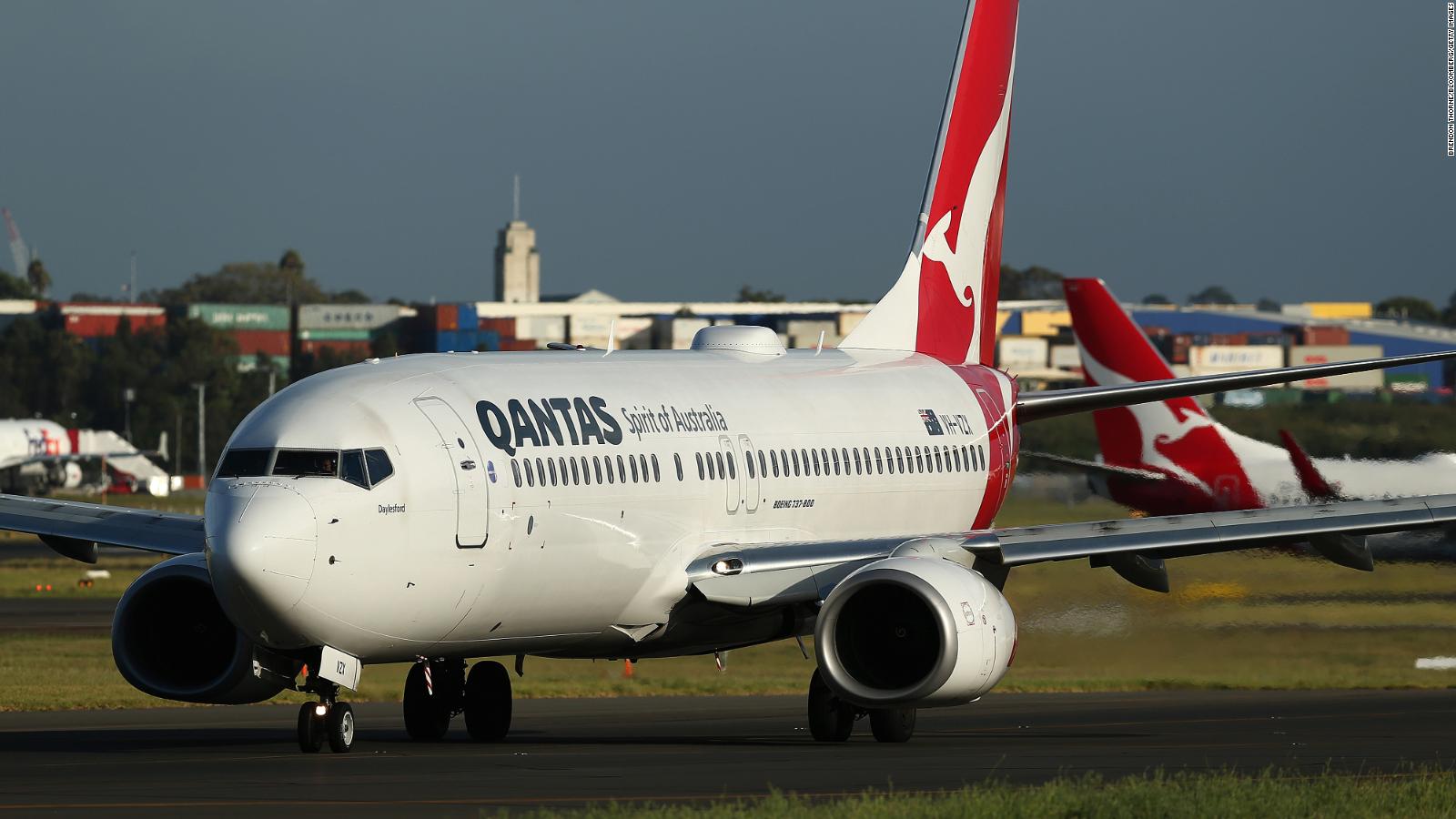
CNN Business' Chris Isidore and Michelle Toh contributed to this report.
from CNN.com - RSS Channel kalo berita gak lengkap buka link disamping https://ift.tt/3263dCaFact-checking White House claims that House impeachment resolution is unconstitutional
READ: Trumps change residency from New York to Florida

Trump ditches New York to become a Florida resident, court documents show
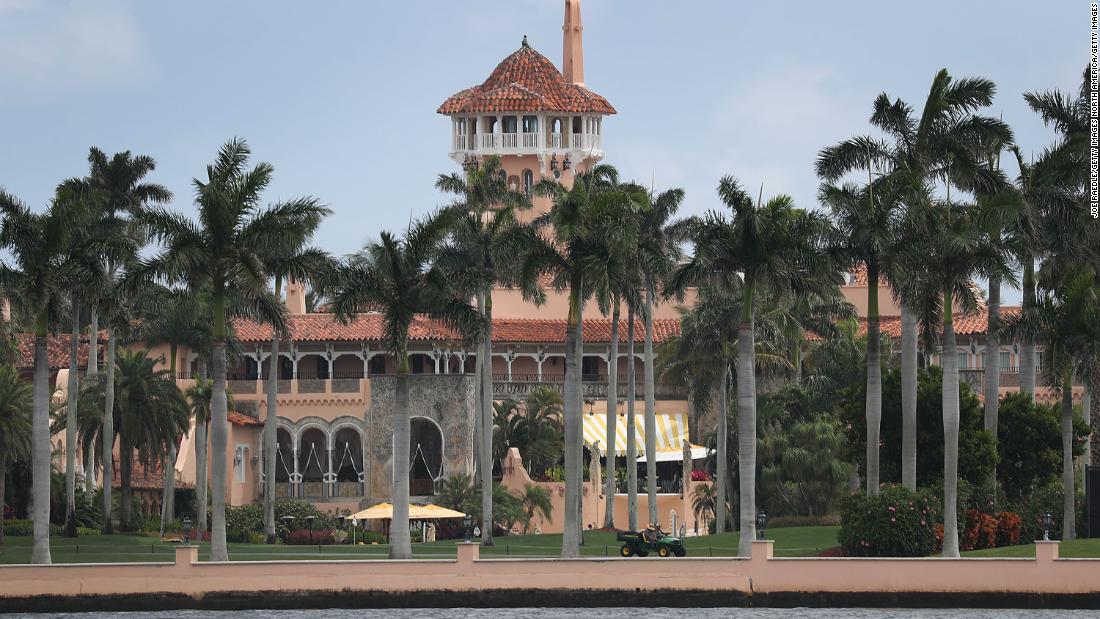
CNN's Erica Orden, Kevin Liptak and Nikki Carvajal contributed to this report.
Regina King Reads ‘Let’s Meet Again in Five Years’ - The New York Times

Listen and subscribe to our podcast from your mobile device: Via Apple Podcasts | Via RadioPublic | Via Stitcher
In love with her college boyfriend but worried that they were too young for lifelong love, Karen Kaplan came up with a plan: They would break up but agree to meet again 60 months later to see if they were still both single and interested.
On this week’s Modern Love podcast, Regina King reads Ms. Kaplan’s thought-provoking essay, “Let’s Meet Again in Five Years.”
Ms. King won an Academy Award for her role in “If Beale Street Could Talk.” She currently stars in the HBO series, “Watchmen.” Ms. Kaplan is a writer in Summit, N.J. Stay tuned after the reading to hear more from her, Ms. King, the Modern Love editor Daniel Jones and another surprise guest.
Sign up for Love Letter to get a weekly dose of real stories that examine the highs, lows and woes of relationships.
Watch the trailer for the Modern Love TV show, coming to Amazon Prime Video on Oct. 18; read past Modern Love columns and Tiny Love Stories; check out the updated anthology “Modern Love: True Stories of Love, Loss, and Redemption”; follow Modern Love on Facebook.
"modern" - Google News
October 31, 2019 at 03:48AM
https://ift.tt/2pfTiwF
Regina King Reads ‘Let’s Meet Again in Five Years’ - The New York Times
"modern" - Google News
https://ift.tt/33BJDyM










